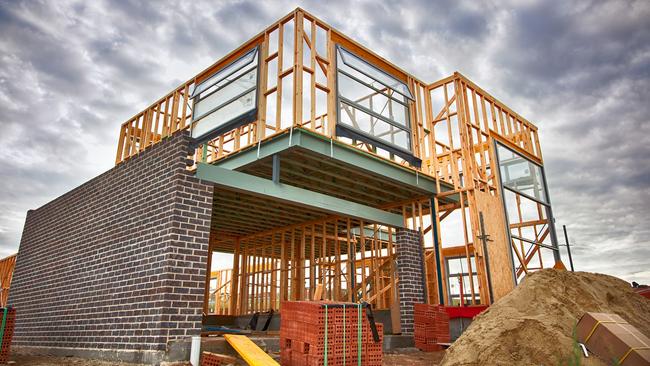
It is not going to be easy to find a way through this perfect storm and longer term it may be more nation changing than the current interest rate gymnastics.
Looking forward, as inflation subsides in the wake of lower economic activity, interest rates would normally fall in tandem.
But the decimated building industry will not be able to satisfy the migrant-boosted dwelling demand so there is danger of a house price explosion which will inhibit the Reserve Bank responding to lower inflation with lower rates.
I discovered the extent of the crisis from property developers who tell me that land sales are down about 70 per cent.
Many people who paid deposits are trying to get their deposit money back and rescind their purchase contract because they are petrified that any builder they choose will go broke and they will lose their savings.
At the moment builders are struggling desperately to complete the fixed priced dwelling contracts they entered into when construction prices were substantially lower.
Almost all builders are still losing money.
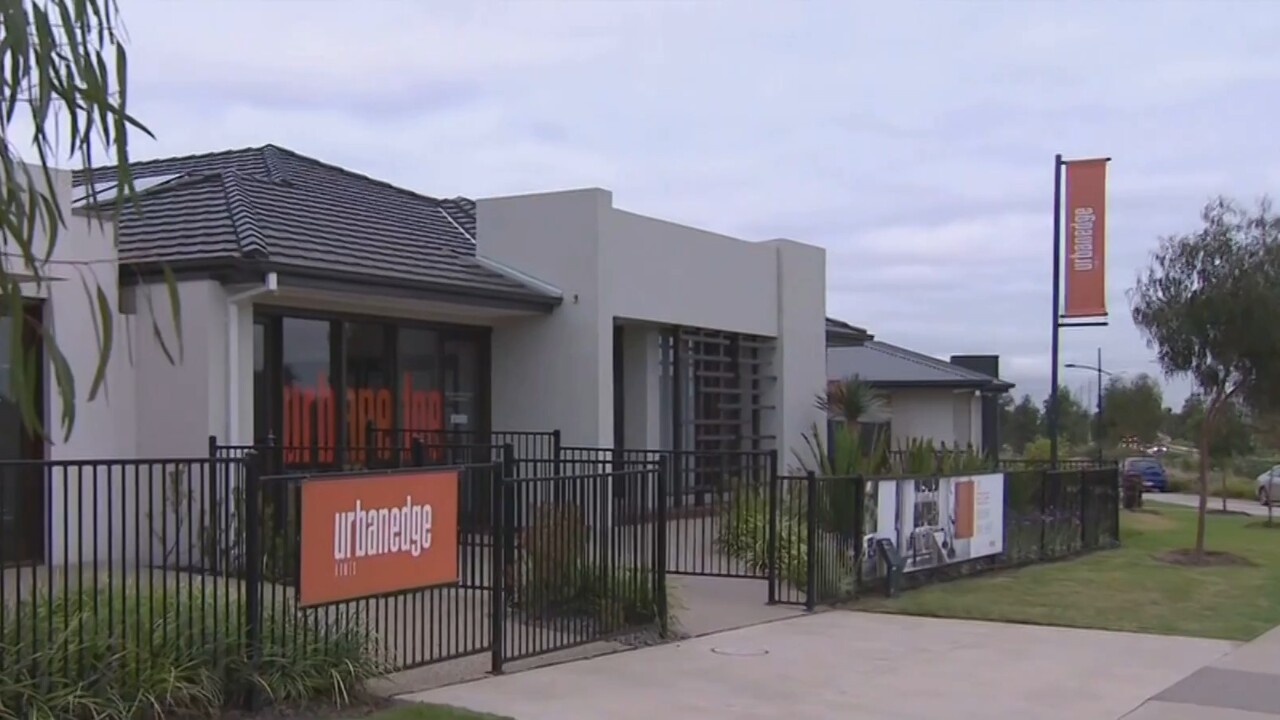
But the cash flow repercussions of those losses are multiplied because new sales revenue has have been slashed; tradies are hard to attract to complete the loss incurring unfinished work: and suppliers to builders that can’t provide credit insurance are demanding cash upfront before goods are supplied.
And cash upfront is hard to arrange because banks are petrified of more crashes and building contracts require specific work to be completed before a payment is due.
But with limited credit and insufficient workers available completing each stage becomes very difficult.
Groups like QBE who insure part of the risk suppliers take when they deliver goods to builders on credit are becoming more and more nervous.
Many of those tradies who have been ravaged by the earlier builder failures have left the industry and joined the infrastructure projects where they have to suffer working under union rules, but the returns are much higher.
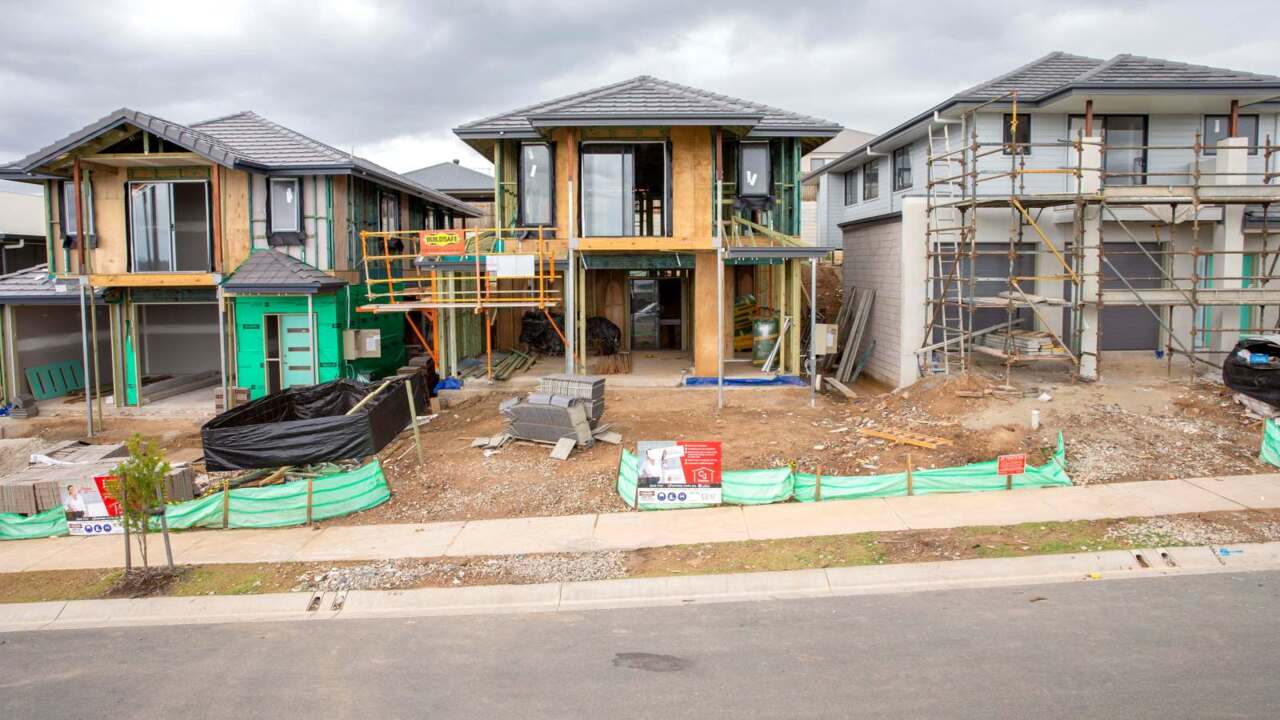
In states like Victoria where the CFMEU is strong the union have virtually taken over control of dwelling construction in inner-city areas. And in outer areas as long as the project is below $25m price tag it usually can be built without CFMEU control.
Once the CFMEU demands to control a site the costs rise by about 25 per cent and sometimes much more.
In past years I have been an advocate of migration, but we have a building industry where large segments have been destroyed and looks likely to be contracted further.
The government thinks it can solve the problem by erecting social housing ghettos.
They will be erected by CFMEU rules and will be extremely expensive. Rent income will not be reliable.
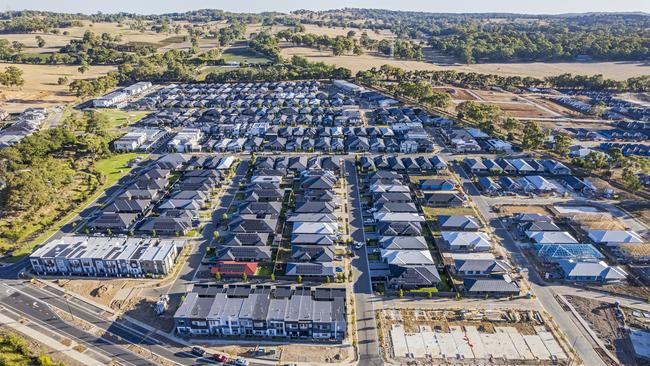
Meanwhile when the backlog of loss-making dwellings is completed, and surviving builders start looking for new contracts there will be one to two year delay in the pipeline of work. The builders will try and entice tradies back from the infrastructure projects but that will not be easy given the higher returns the tradies are now enjoying.
So, the end result will be higher dwelling construction costs.
As demand increases because of migration in many areas the nation the building industry will be unable to satisfy demand, so the housing shortage will become even more acute which that means that prices of houses will rise
And that swings the crisis back to the banks.
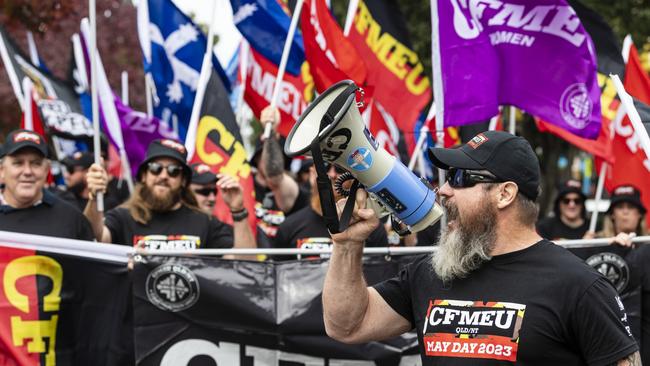
At the moment people with what would have been once a good deposit are finding it very hard to get enough money from the bank to construct a new home of reasonable size because of the rise in building costs and higher interest rates.
The banks are still insisting on a fixed priced building contracts and surviving builders are simply not going to get caught again.
They play safe on tenders. Lower interest rates will certainly help the deposit problem but if migration boosted demand rises then the reduced number of builders will be unable to supply demand.
There is no easy fix for this dilemma because it is a perfect storm we haven’t encountered in recent decades. This is how the storm threatens to play out.
In the second half of 2023 and in 2024 the Australian economy will decline in many areas with inflation falling with that decline – exactly as the Reserve Bank plans.
Interest rates in that scenario should fall. But lower rates plus migration look likely to increase new dwelling demand beyond the industry’s ability to supply so resulting rising house prices which will prevent the interest rate reductions that should come from lower inflation.
We all hope that scenario will prove wrong but we need to recognise the danger and begin to construct solutions.







The recent small rise in dwelling prices in Sydney and Melbourne is a surface indicator of a crisis developing in the property and building industries of unprecedented proportions.